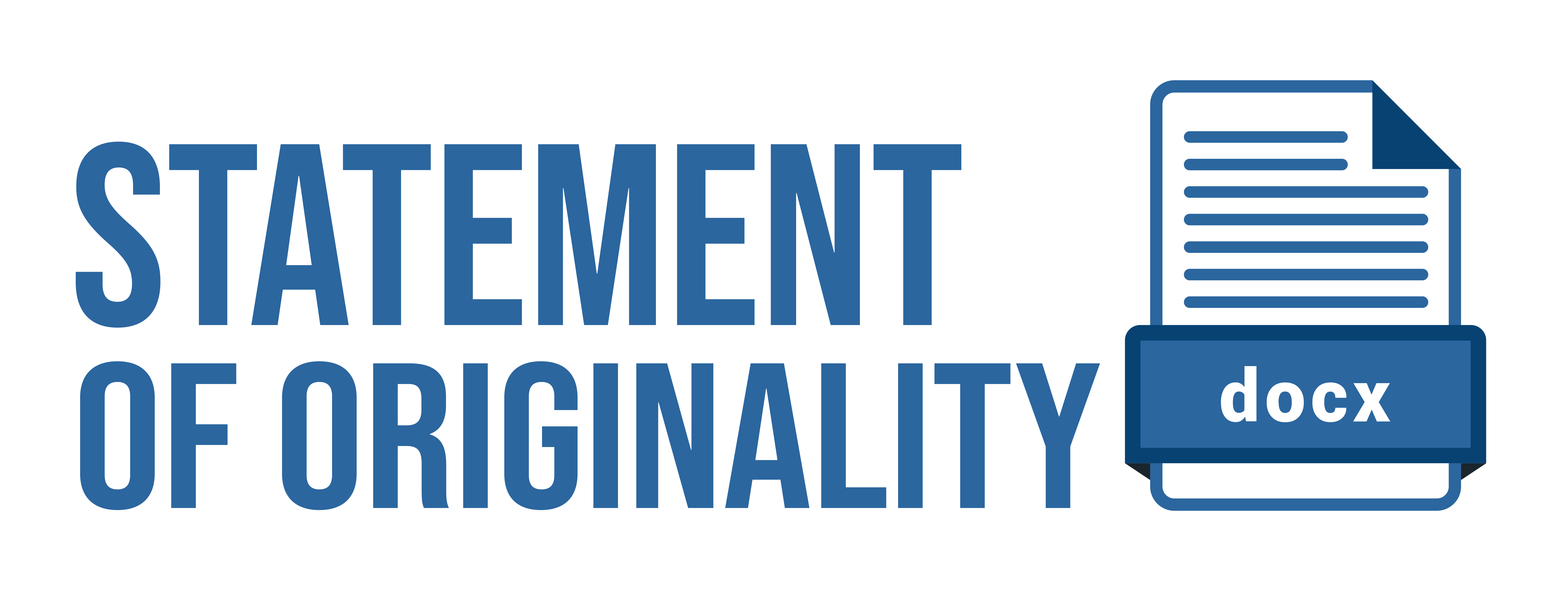DUALISME KEDUDUKAN DAN TANGGUNG JAWAB NOTARIS DALAM TATANAN SISTEM HUKUM NASIONAL
DOI:
https://doi.org/10.15575/as.v21i2.6059Keywords:
notary, public official, professional position, position, responsibilityAbstract
Abstract: Government policies related to notary institutions from the beginning of their emergence until now, it has not been able to provide certainty related to the independence of the Notary Position in the order of the National legal system. Is it purely as a public official like a state official, or is the legal profession, and or is a Public Official combined with a legal profession position because it influences his responsibilities. This study aims to find out how the position and responsibilities of a notary in the current national legal system, this research method uses a juridical normative approach method that is analyzed descriptively analytically on the basis of data that is processed in a juridical way qualitatively, logically and systematically. From the results of the study note that the Notary has a position as a "Public Official" based on “the provisions of Article 1868 of the Civil Codeâ€, UUJN, and other relevant laws. Notary public is also said to be a "professional position" because it has the skills and is done continuously to serve the interests of the community in the sphere of civil (Private). The notary's responsibility as a "Public Official" arises when the notary carries out the authority regulated under the UUJN and is responsible for carrying out his position to the client as well as to the government that has appointed him. The professional responsibility of a notary public arises when applying his skills in serving the community and being responsible to himself and his professional organization.
Abstrak: Berbagai kebijakan pemerintah sehubungan dengan lembaga kenotariatan dari awal kemunculannya hingga saat ini, belum dapat memberikan kepastian terkait dengan independensi kedudukan notaris dalam tatanan sistem hukum nasional. Apakah murni sebagai pejabat umum layaknya pejabat negara, ataukah profesi hukum, dan ataukah pejabat umum yang dipadukan dengan jabatan profesi hukum karena hal tersebut berpengaruh terhadap tanggung jawabnya. Penelitian ini bertujuan untuk menemukan kedudukan serta tanggung jawab notaris dalam tatanan sistem hukum nasional saat ini, metode penelitian yang digunakan adalah metode pendekatan yang dilakukan secara yuridis normatif  yang dianalisis secara deskriptif analitis atas dasar data yang diolah secara yuridis kualitatif, logis dan sistematis. Dari hasil penelitian diketahui bahwa notaris mempunyai kedudukan sebagai “pejabat umum†didasarkan pada ketentuan “pasal 1868 kuhperdataâ€, uujn, serta perundang-undangan terkait lainnya. Notaris juga dikatakan sebagai “jabatan profesi†karena memiliki keterampilan dan dilakukan secara terus menerus untuk melayani kepentingan masyarakat dalam lingkup keperdataan (privat). Tanggung jawab notaris sebagai “pejabat umum†muncul ketika notaris melaksanakan kewenangan yang diatur berdasarkan uujn dan bertangÂgungÂjawab terhadap pelaksanaan jabatannya kepada klien serta kepada pemerintah yang telah mengangkatnya. Tanggung jawab professional dari seorang notaris muncul ketika menerapkan keterampilannya dalam melakukan pelayanan pada masyarakat dan bertanggungjawab kepada diri sendiri serta organisasi profesinya.
References
DAFTAR PUSTAKA
Ali, Zainudin. Metode Penelitian Hukum. Jakarta: Sinar Grafika, 2009.
Dicey, A.V. Introduction to The Study of The Law of The Constitution, Ninth Edition. London: Macmillan and Co, Limited St. Marthin’s Street, 1952.
Efendi, Mahsyur. Dimensi / Dinamika Hak Asasi Manusia Dalam Hukum Nasional Dan Internasional. Jakarta: Ghalia Indonesia, 1994.
H.R., Ridwan. Hukum Administrasi Negara. Bandung: Raja Grafindo Persada, 2006.
Indonesia, Presiden Republik. “Lembaran Negara Republik Indonesia Tahun 2014 Nomor 3 Undang-Undang Republik Indonesia Nomor 2 Tahun 2014 Tentang Perubahan Atas Undang-Undang Republik Indonesia Nomor 30 Tahun 2004 Tentang Jabatan Notaris.†Jakarta:
Menteri Hukum dan Ham Republik Indonesia, 2014.
Indonesia, Republik, and Presiden. “Peraturan Pemerintah Nomor 43 Tahun 1958 Tentang Penggunaan Lambang Negara.†Jakarta: Menteri Kehakiman, 1958.
Kansil, C.S.T. Pengantar Ilmu Hukum Dan Tata Hukum Indonesia. Jakarta: Balai Pustaka, 1993.
Kie, Tan Thong. Buku 1 Studi Notariat-Beberapa Mata Pelajaran Dan Serba-Serbi Praktek Notariat. Jakarta: Ichtiar Baru van Hoeven, n.d.
“Kitab Undang Undang Hukum Perdata,†n.d.
Koehn, Daryl. Landasan Etika Profesi. Yogyakarta: Kanissius, 2000.
Kusumaatmadja, Mochtar. Konsep-Konsep Hukum Dalam Pembangunan. Bandung: Alumni, 2006.
Mertokusumo, Sudikno. Mengenal Hukum Suatu Pengantar. Yogyakarta: Liberty, 2003.
Mourik, M.J.A. van. “Civil Law and the Civil Law Notary in the Modern World, Makalah Pada Ceramah Ilmiah ‘Pengaruh Globalisasi Pada Common Law Dan Civil Law (Khusus BW)’,.†Jakarta, 1992.
“New York Executive Law,†n.d.
Notodisoerjono, R. Soegondo. Hukum Notariat Di Indonesia Suatu Penjelasan. Jakarta: Raja Grafindo Persada, 1993.
Pendidikan Dan Kebudayaan, Departemen. Kamus Besar Bahasa Indonesia. Jakarta: Balai Pustaka, 1999.
Raharjo, Sajipto. Ilmu Hukum. Bandung: PT. Citra Aditya Bakti, 2000.
Shidarta. Hukum Perlindungan Konsumen Indonesia, Edisi Revisi. Jakarta: Gramedia Widiasarana Indonesia, 2006.
Soekanto, Soerjono. Penelitian Hukum Normatif: Suatu Tinjauan Singkat. Jakarta: PT.Raja Grafindo Persada, 1986.
———. Pengantar Penelitian Hukum. Jakarta: UI Press, 1986.
Soemitro, Roni Hanitijo. Metode Penelitian Hukum Dan Jurimetri. Bogor: Ghalia Indonesia, 1988.
Sumaryono, E. Etika Profesi Hukum: Norma-Norma Bagi Penegak Hukum. Yogyakarta: Kanissius, 1995.
Tobing, G.H.S. Lumbang. Peraturan Jabatan Notaris. Jakarta: Erlangga, 1992.
Wiranata, I Gede. Dasar-Dasar Etika Dan Moralitas. Bandung: Citra Aditya Bakti, 2005.
Downloads
Published
How to Cite
Issue
Section
Citation Check
License
The author whose published manuscript approved the following provisions:
- Authors retain copyright and grant the journal right of first publication with the work simultaneously licensed under a Attribution-ShareAlike 4.0 International (CC BY-SA 4.0) License that allows others to share the work with an acknowledgment of the work's authorship and initial publication in this journal.
- Authors are able to enter into separate, additional contractual arrangements for the non-exclusive distribution of the journal's published version of the work (e.g., post it to an institutional repository or publish it in a book), with an acknowledgment of its initial publication in this journal.
- Authors are permitted and encouraged to post their work online (e.g., in institutional repositories or on their website) prior to and during the submission process, as it can lead to productive exchanges, as well as earlier and greater citation of published work (See The Effect of Open Access).






